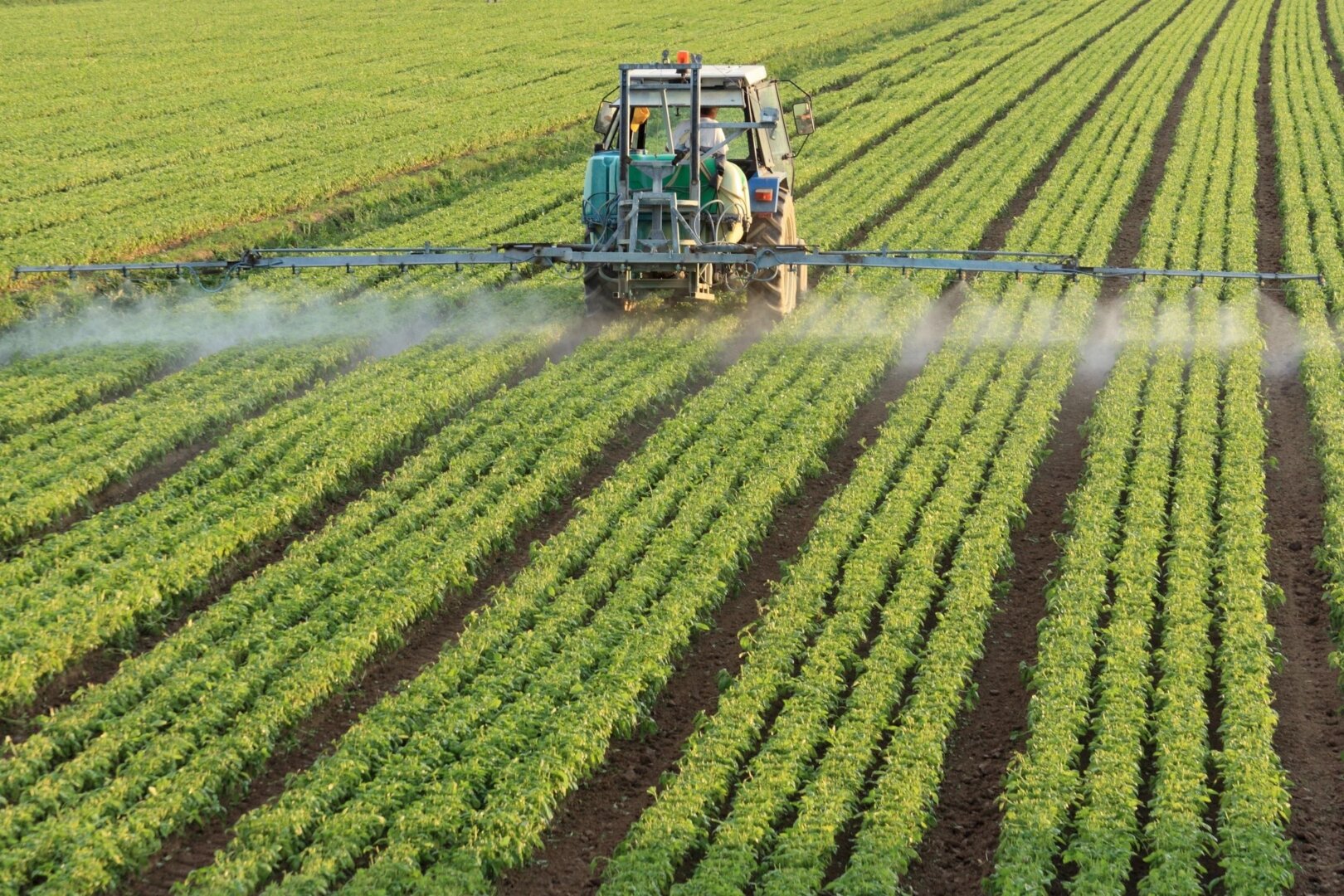
This would be the equivalent of four mega-tonnes of carbon dioxide from 2020 levels by the year 2030.
There is still much discussion around the topic however with the feds saying they aren’t looking to mandate a reduction in the use of fertilizer and instead cut emissions from its use particularly with nitrogen.
Nitrogen is integral to plant growth and also is linked to yield but creates nitrous oxide emissions, a greenhouse gas which is believed to have more warming potential in a century than carbon dioxide.
Fertilizer use has increased by 71 per cent across Canada over a 14 year span between 2005-2019.
Agriculture Minister Marie-Claude Bibeau says reductions are voluntary and there are no plans for a cap on use.
However Centre Wellington resident and Senator Rob Black, who chairs on a standing committee on agriculture and forestry, says the government’s narrative doesn’t check out.
Black says if they have to reduce fertilizer use or inputs, it will clearly affect the yields, questioning what else would be used as nitrogen fertilizer is a key input.